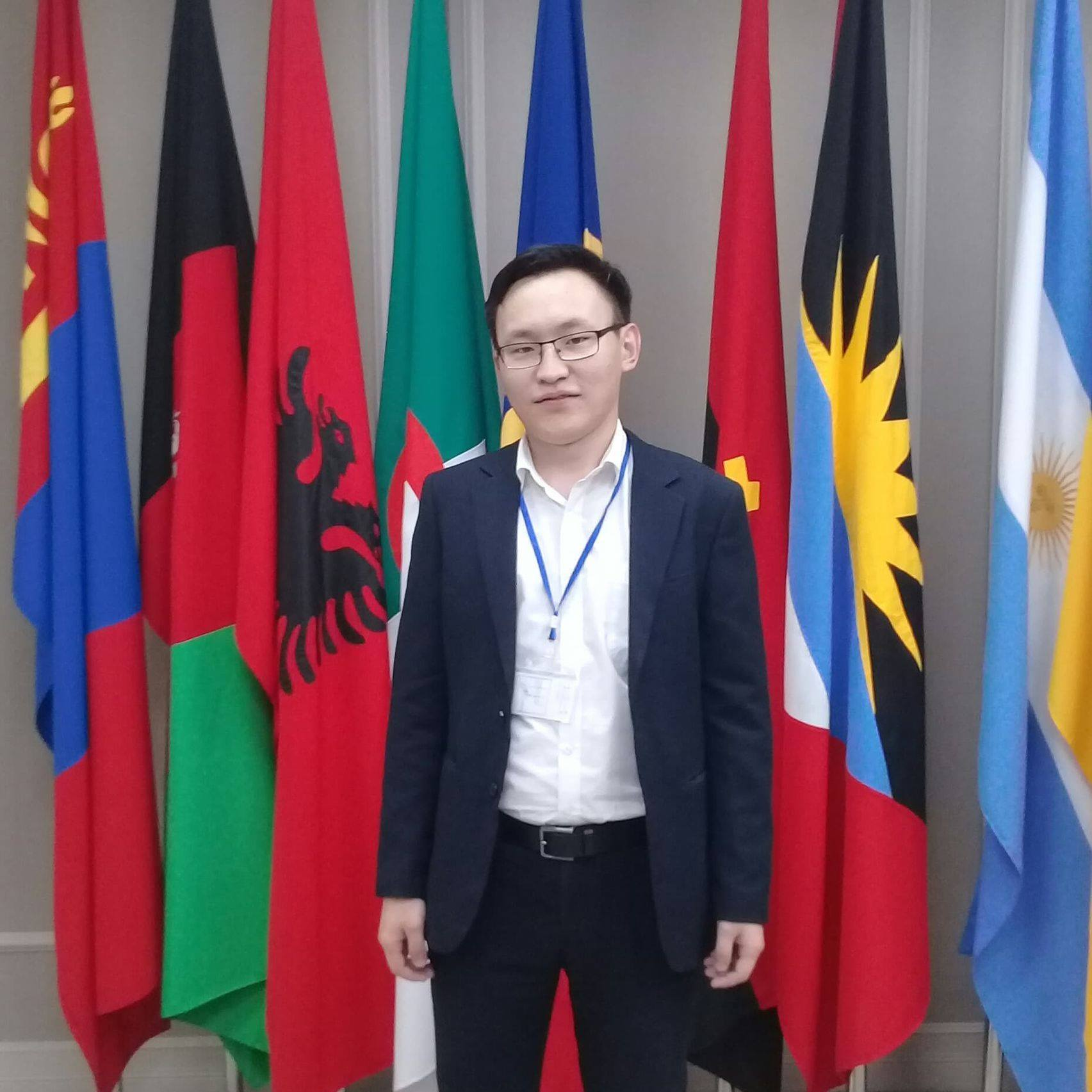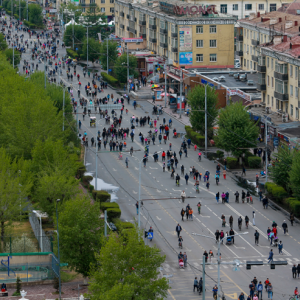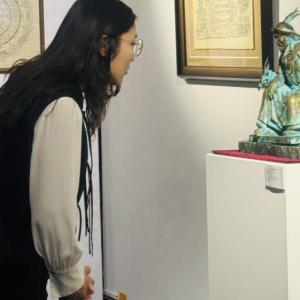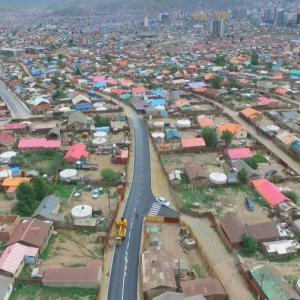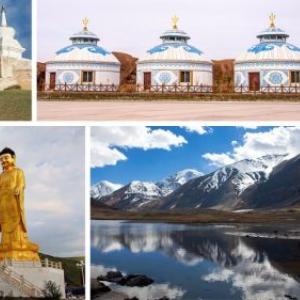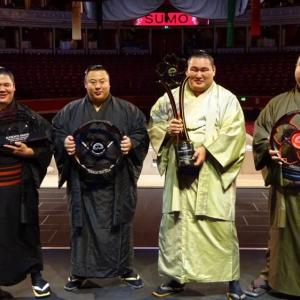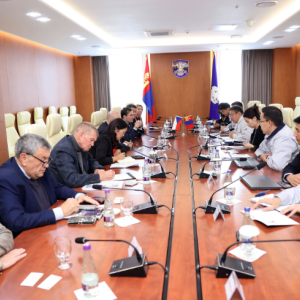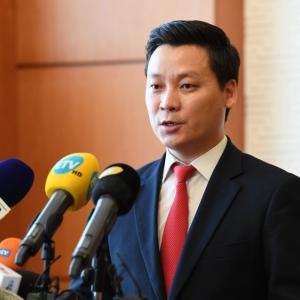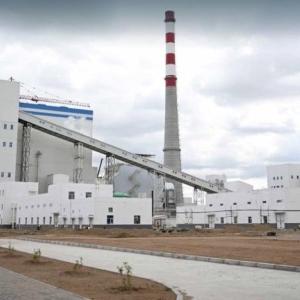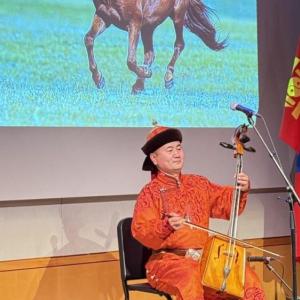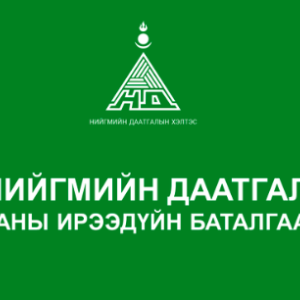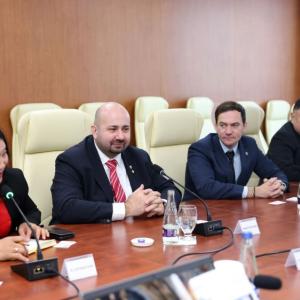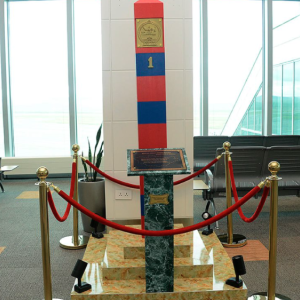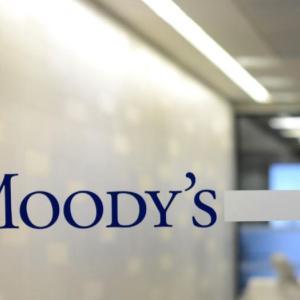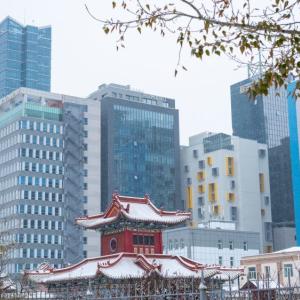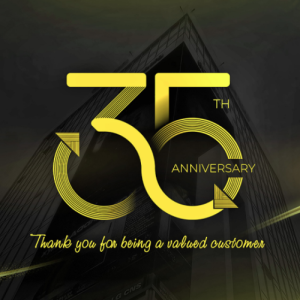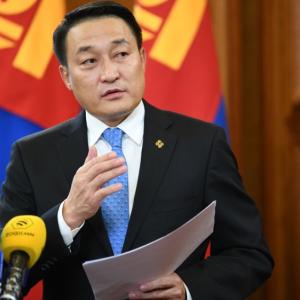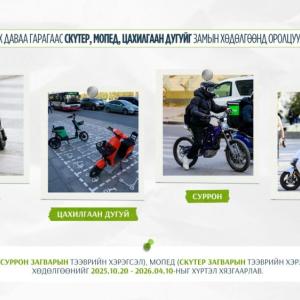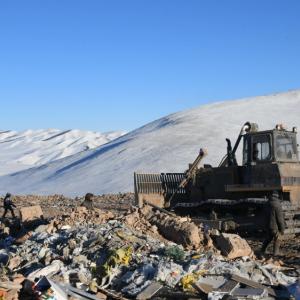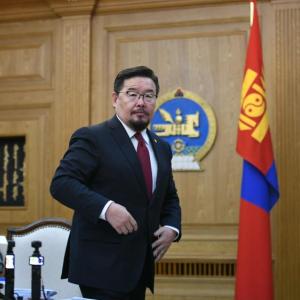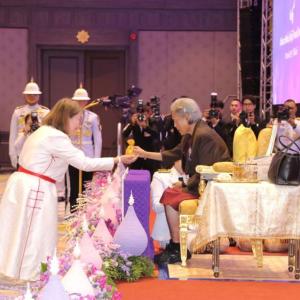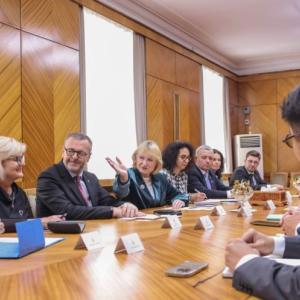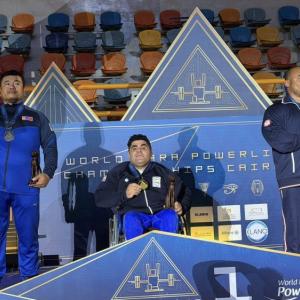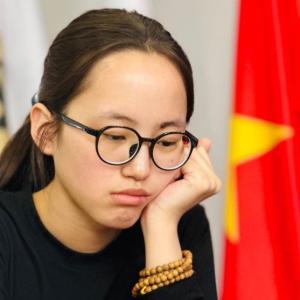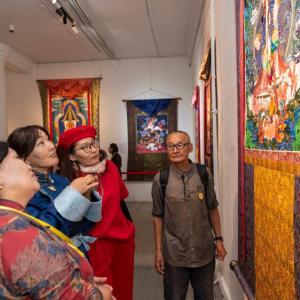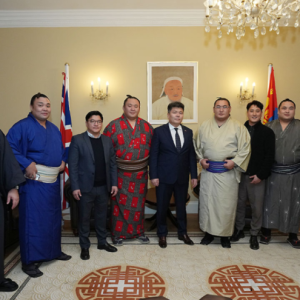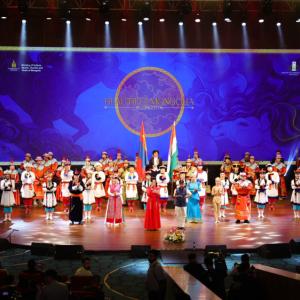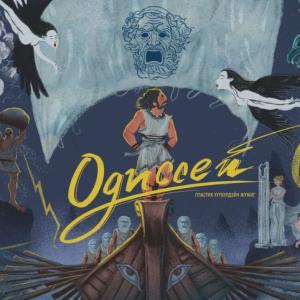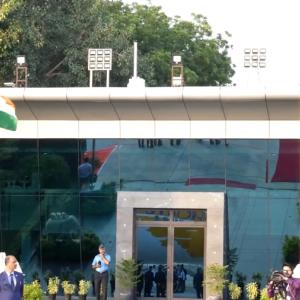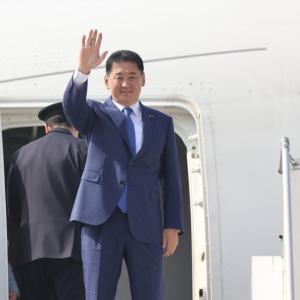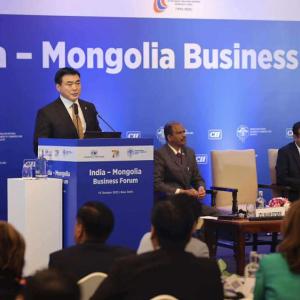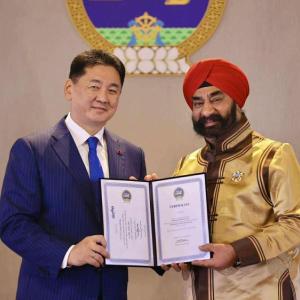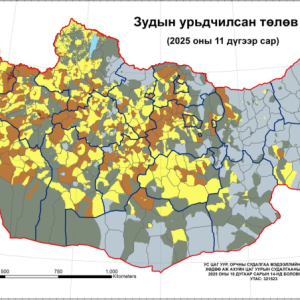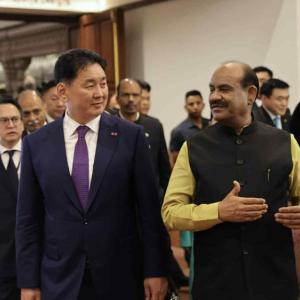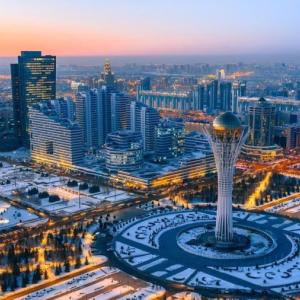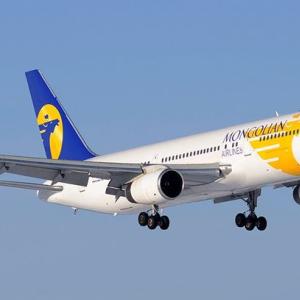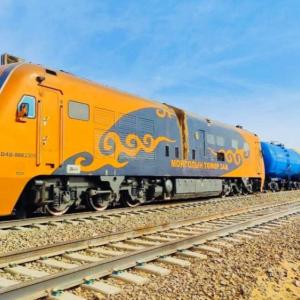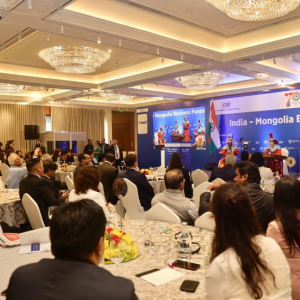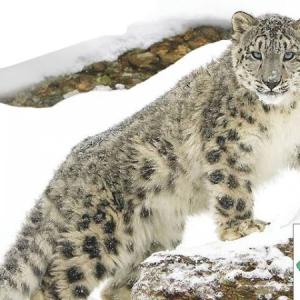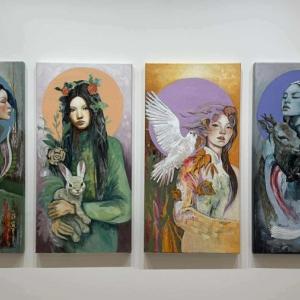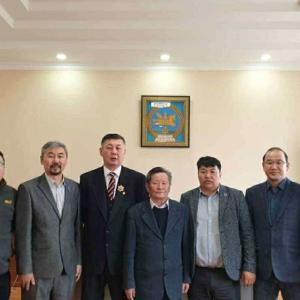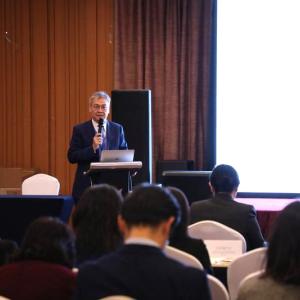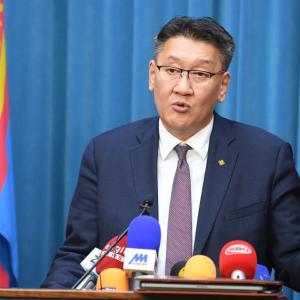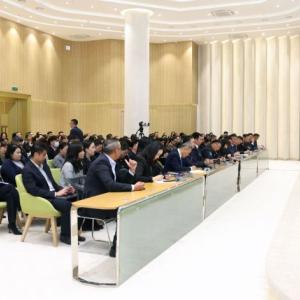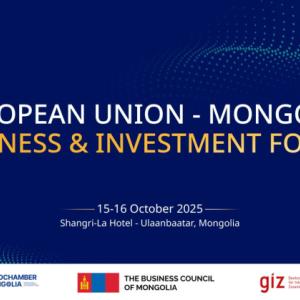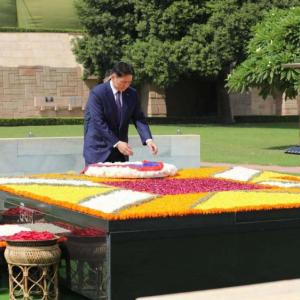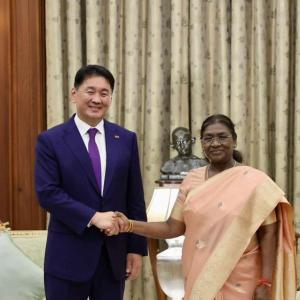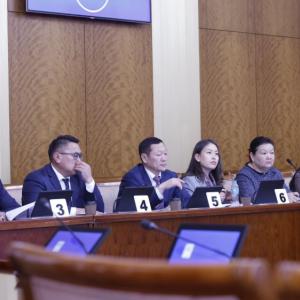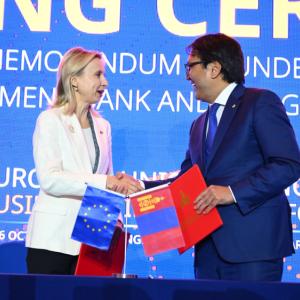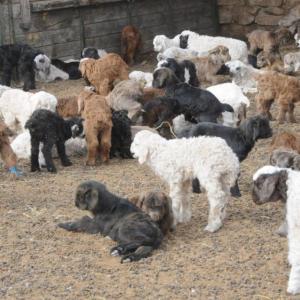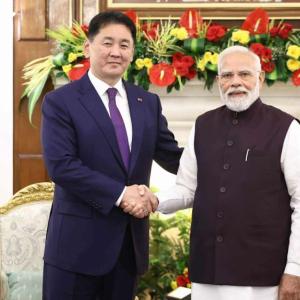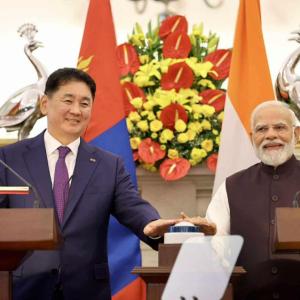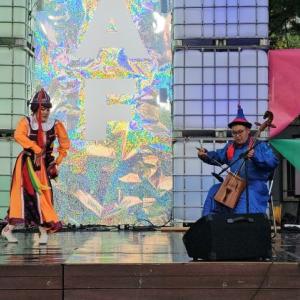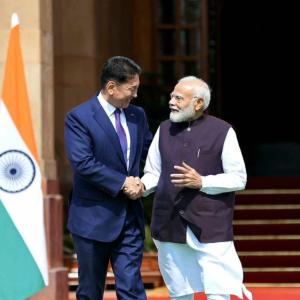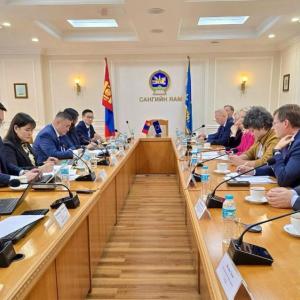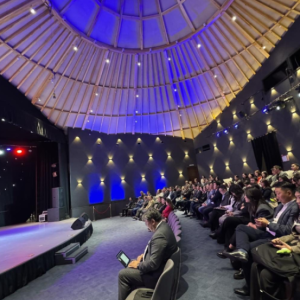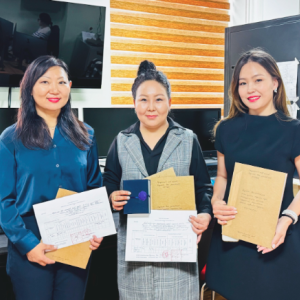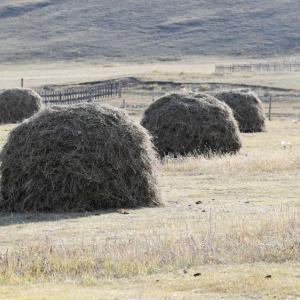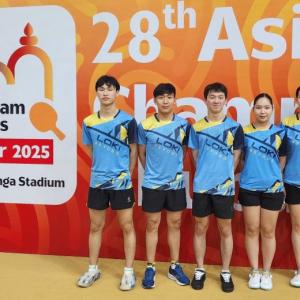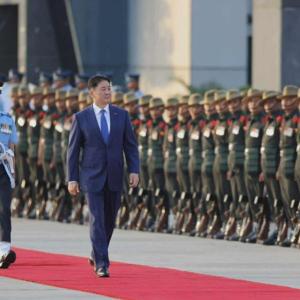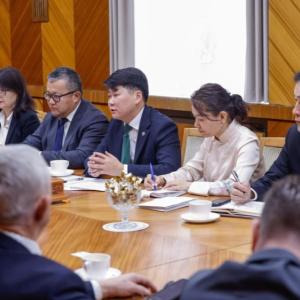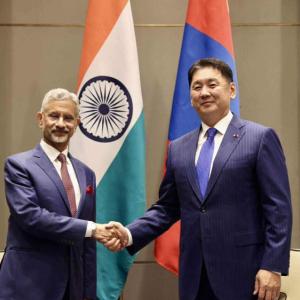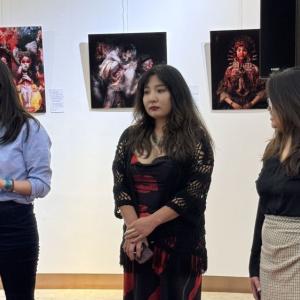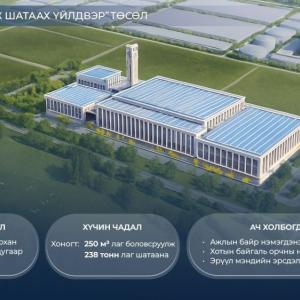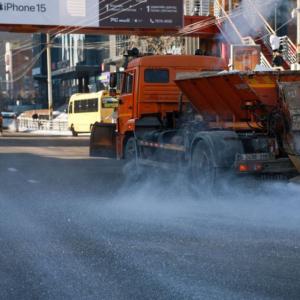Mongolian Herders on Exchange Program to Senegal
Society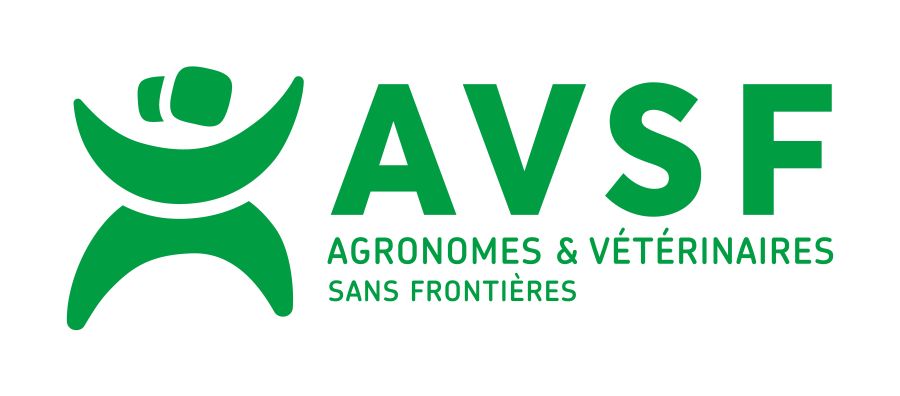
Ulaanbaatar, December 5, 2024 /MONTSAME/. “I see many similarities and differences between our herding methods, and I see that, all over the world, herders practice nomadism and face the same challenges.” This is one of the observations of R. Khurelbaatar, a herder from the Bayantsagaan soum cooperative, who has just completed an exchange program to Senegal as part of the WIFI project implemented by the “Agronomes & Vétérinaires Sans Frontières” (AVSF) NGO.
This EUR 800 000 project is financed by the French Ministry of Europe and Foreign Affairs to support the cooperatives of 4 soums (Bumbugur, Bogd, Jinst, and Bayantsagaan) in Bayankhongor aimag. The aim of the project is to contribute to Mongolia's food sovereignty by ensuring a supply of quality local meat from semi-nomadic pastoral livestock to the inhabitants of urban centers and to help reduce pasture degradation.
With the support of the French Embassy in Mongolia, AVSF accompanied two herders from Bayankhongor aimag in Senegal, so that they could exchange with transhumant herders, and share their experiences, challenges, and solutions in relation to the future of the pastoralist profession in the context of climate change and complex valorization of their products.
B. Bolortuya, a young herder from Bumbugur soum, R. Khurelbaatar, a herder from Bayantsagaan soum, and D. Burmaa, the Director of the Mongolian National Federation of Pasture Users Groups (MNFPUG) visited the pastoral region of Ferlo (north-east Senegal) and Saly, on the coast south of Dakar.
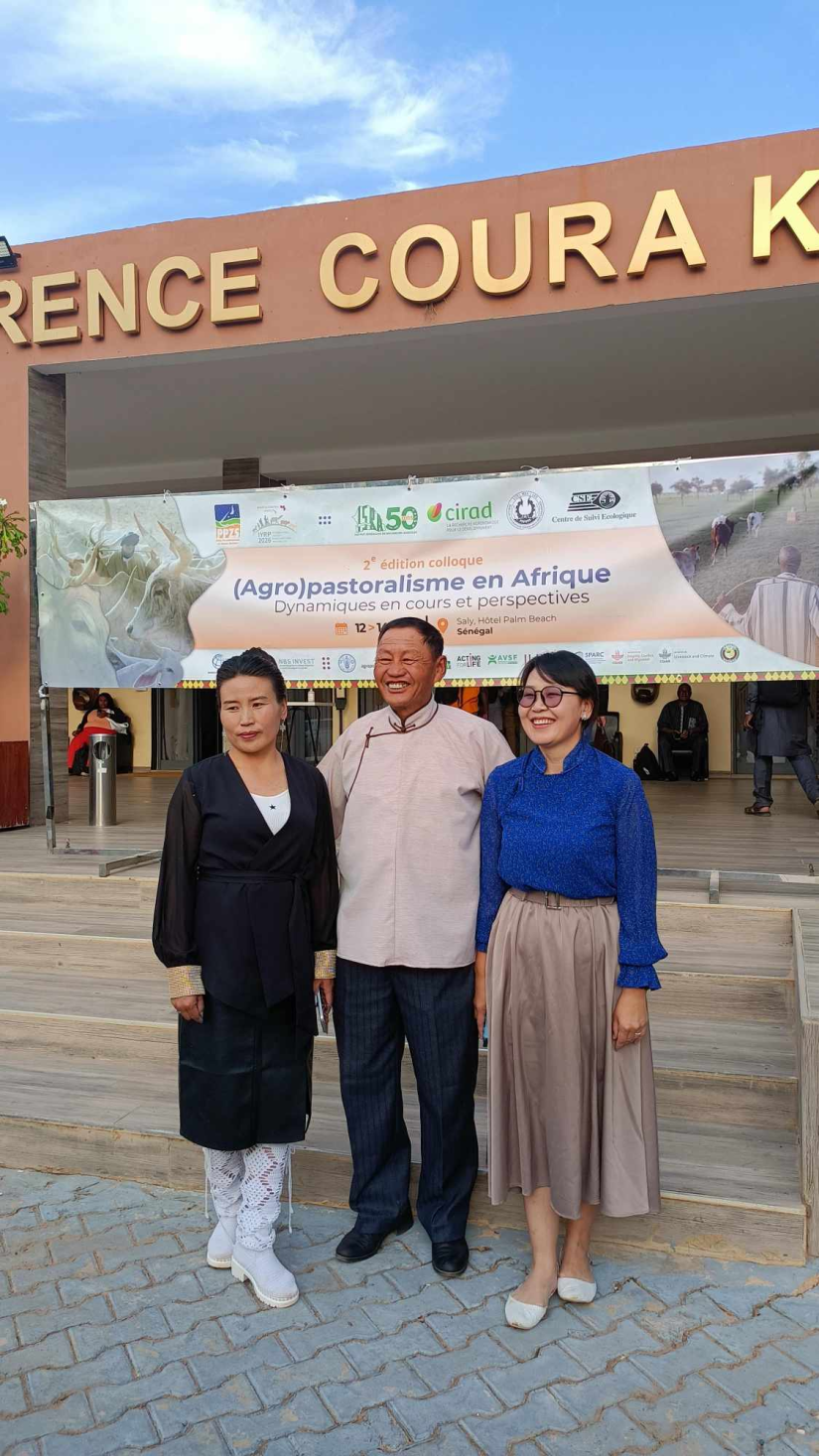
During the first part of the mission, they visited dairy production units, a livestock market, a slaughterhouse, a pastoral unit, a defense area for the regeneration of pastures and forest cover, and several families of transhumant herders. Bolortuya particularly appreciated “the transhumant herders' strategy of mainly marketing their live animals at regular fairs,” which provides a regular source of income, while Khurelbaatar appreciated “the idea of setting up reception committees for migrating herders within Pasture User Groups or cooperatives, to ensure that these herders can settle in the areas set aside for this purpose with all the necessary information to avoid disputes.” Afterwards, they took part in the international colloquium on “(Agro)pastoralism in Africa: current dynamics and prospects,” at which D. Burmaa presented the Mongolian context and the initiatives of MNFPUG.
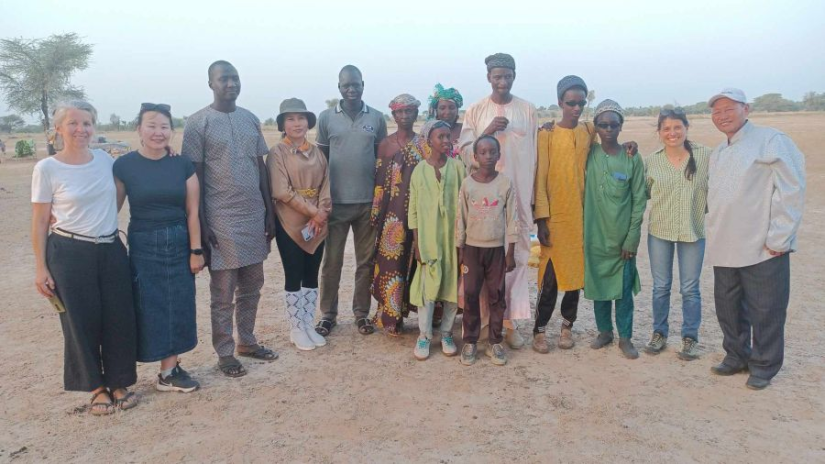
 Ulaanbaatar
Ulaanbaatar





